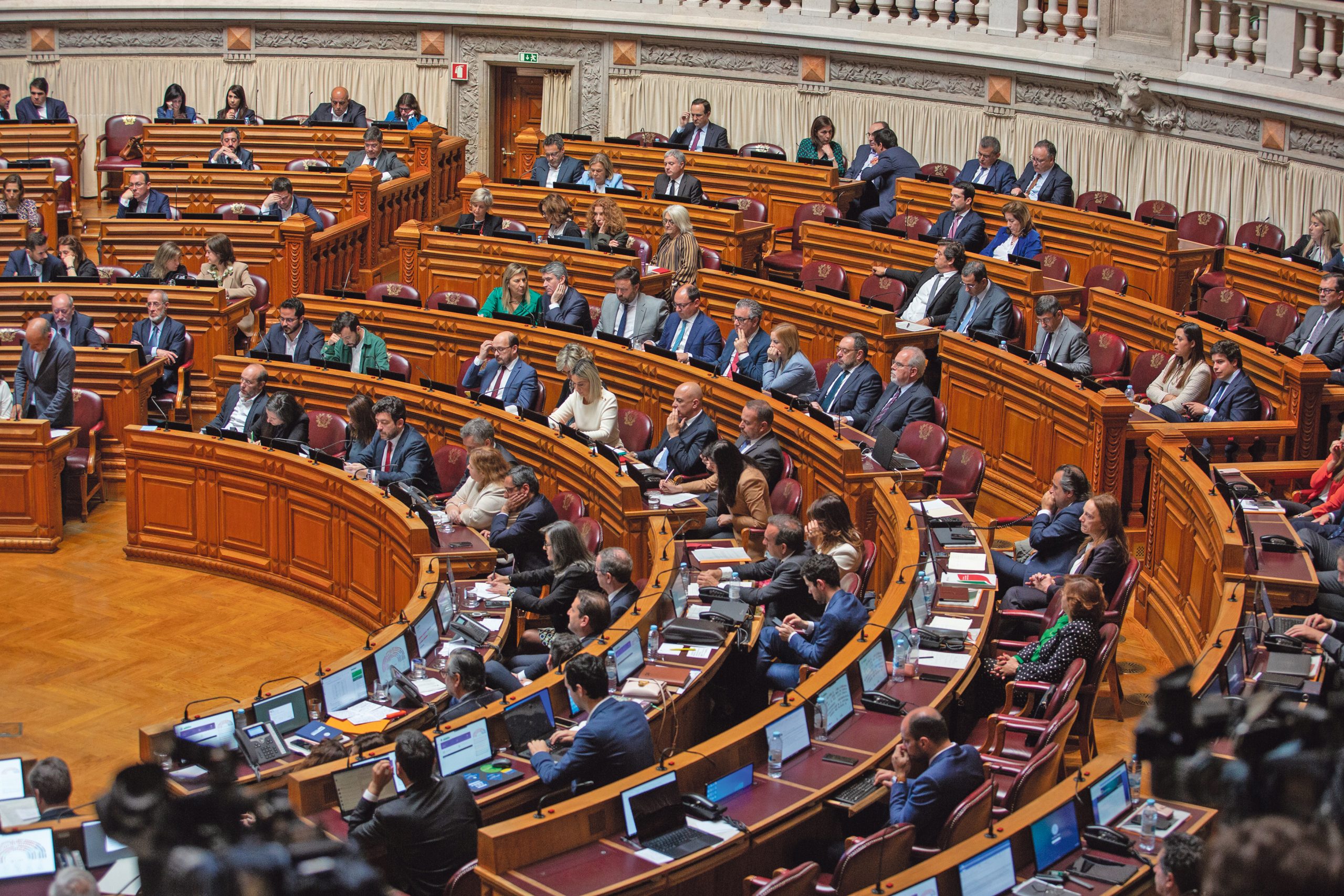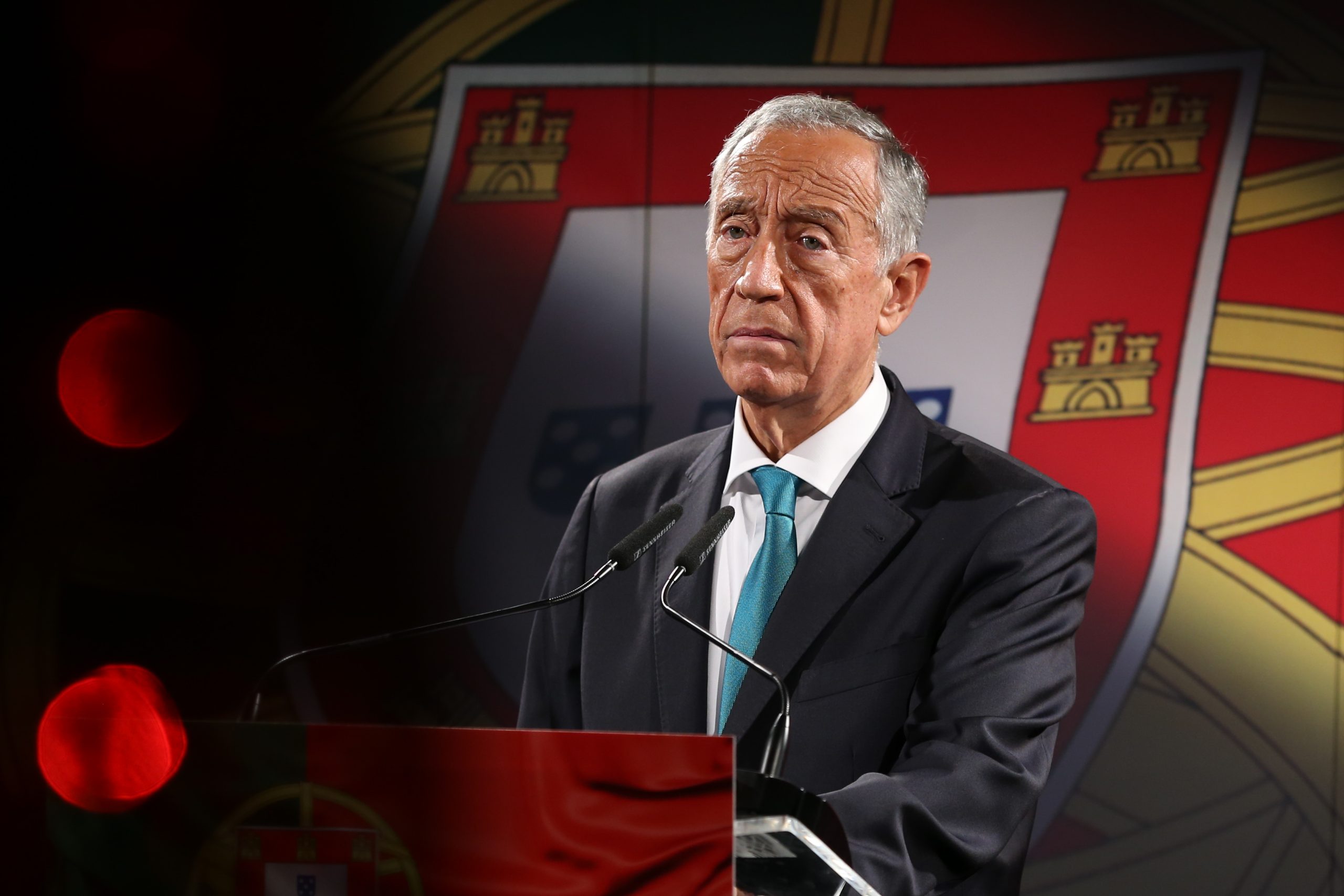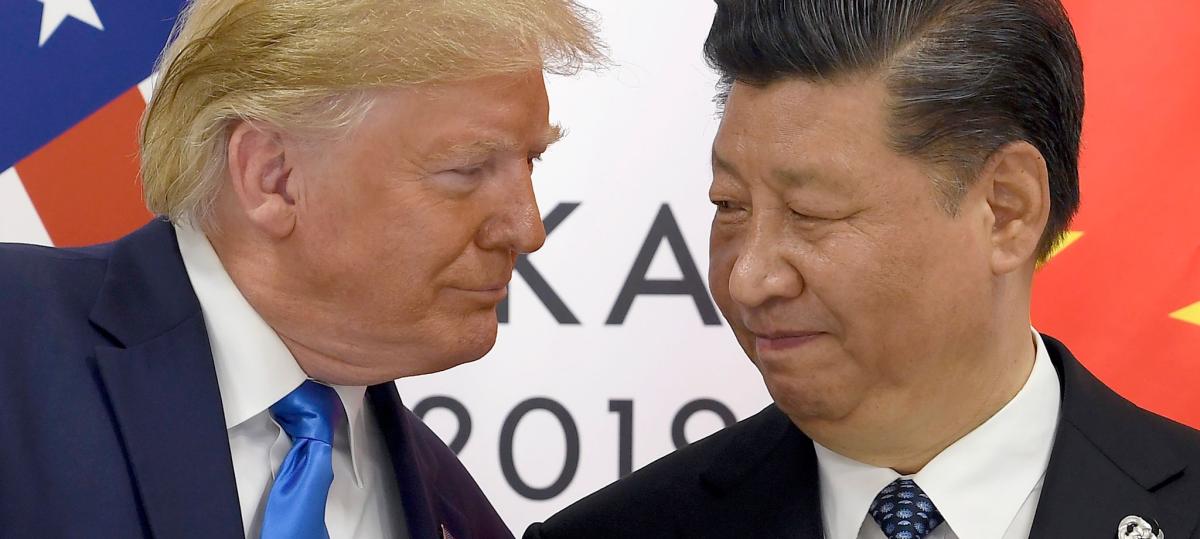Central block no longer scares and gets fans

Never as in recent weeks has been spoken so much in a central block, since he was formed in 1983 by Mario Soares and Mota Pinto. Since then the political class has developed allergy to the idea of understanding between socialists and social democrats. Cavaco Silva was then born to politics, personifying the opposition to this union between the two parties that he considered contradiction.
Forty years later, the solution, not a government coalition, as it was at the time, but a commitment to ensure stability, was back in the minds of many politicians, left and right. Behind the scenes, the experience of a periclicating government, subject to the whims of a Bench of 50 deputies of the arrival, already led to the deailed, some political protagonists were raising the hypothesis of waking the past understandings, but already in full pre-campaign multiplies the statements of senators, candidates, and prota candidates to point in the same direction.
This Thursday was Eduardo Ferro Rodrigues that, in an interview with the newspaper Público and Radio Renascença that came to voice the possibility of the return of a central block, even in different lines of those of 1983. Asked if there should be again a government of Central Block Ferro Rodrigues answered: « These things are not built from foot to hand, but would not be surprised that there was need. » In the same interview, the former President of the Assembly of the Republic explains the reasons that can justify a political solution that a few months ago everyone rejected: “Well we can move to a limit situation because there are all international negative ingredients, much more serious than at that time. When these extraordinary tariffs are beginning to reach the Portuguese table, people will realize that times are changing and that politicians also need to learn something and have judgment. Therefore do not foster unnecessary crises.
The iron voice Rodrigues join those of many other political agents who in recent days have spoken in the same sense in various media.
In an interview in this edition of Nascer do Sol, Rui Moreira, Mayor of Porto says, « Now there is one thing that seems obvious to me on May 18th we will have one of those duels, as we said in Western movies, where two gunmen appear and one of them will go out of death, and from there everything will be different. » Rui Moreira considers that the dialogue between Montenegro and Pedro Nuno Santos is impossible, but this is a problem that ends after the elections, because one of the two will end up and with other leaders the dialogue will be easier.
Also António José Seguro who officially remains in reflection on a presidential candidacy, in the article he wrote for our newspaper (pp. 16 to 18) refers to the urgency of unlocking dialogue in these terms: “I defend commitments to concrete solutions to the problems of the country and people. I do not advocate power arrangements that essentially serve partisan clients and others. The political stability that I advocate is a means and not an end: a means to change and improve Portugal. I say about the need for democratic dialogue between political actors. A democracy without dialogue is a dying democracy. There are too many blockages in the processes of dialogue between the organs of state and between political actors.
The uncertainty about the results that will come out of the elections on May 18 and the fear that from new trip to the polls the Portuguese do not provide a more stable framework for governance, it is the reasons that lead these and other voices to put the scenario of an understanding of the parties to the center on the table. As this understanding should be, no one risks saying, but it seems clear that no one finds the repetition of the 1983 formula. The various voices that have been pronounced point to parliamentary incidence understandings and do not even find it necessary, or believe in written agreements.
So far only Marques Mendes has advanced with a concrete proposal. The presidential candidate challenged AD and PS leaders to commit to the election campaign that they will make the party that comes out winning.
In the view of the former PSD leader, a deal is enough. If PS and PSD accept the commitment not to present in Parliament of censorship, nor motions of trust and commit to negotiating budgets from Marques Mendes, government stability gains new horizons, in a scenario where any of these parties are less and less likely to be able to get an absolute majority. In addition, such an agreement makes the way to the arrival that loses an ally to create instability.








